With the announcement late in 2016 that it had established plans to buy back hundreds of thousands of its turbodiesels, the ones involved in the Dieselgate scandal, Volkswagen was on its way to settling the biggest individual auto scandal In history.
VW building its own vehicle graveyards
The German automaker was also on its way to having lots of white elephants on its hands (a white elephant is something an owner can’t sell or donate or do very much with, except maybe destroying it).
VW set aside billions to either buy back or fix the diesel vehicles that were caught in the huge emissions scandal. Nearly 11 million turbodiesels worldwide, including nearly 700,000 2.0-liter four-cylinder and 3.0-liter V-6s became subject to the settlement negotiated over the cars. U.S. owners were given the option of selling their vehicles back to VW or waiting until there was a fix approved for specific models and letting VW fix those cars for free.
By and large, most owners opted for the buyback. Indeed, some 335,000 vehicles have been turned into Volkswagen. And, the automaker has had to find facilities where the vehicles can be stored. According to NPR, the automaker may have as many as 37 storage facilities that range from parts of abandoned air bases; abandoned football stadiums; special sections of the desert, and an old paper mill.
To date, VW has spent more than $25 billion to meet the requirements of the Dieselgate scandal settlement. The fee for the buyback program is more than $7 billion of the $10 billion authorized. Meantime, the automaker also has had to pay more than $4.7 billion to mitigate the effects of the scandal, plus another $2 billion to build out an electric infrastructure. Some 44 states have received more than $1.2 billion in settlement cash, while dealers have received another $1.2 billion and there was a special award of $800 million to California. Plus, the automaker worked out settlements with the Department of Transportation, the Environmental Protection Agency, the National Highway Traffic Safety Administration, the Justice Department and the Federal Trade Commission. In total, those settlements come to nearly $9 billion as well.
VW makes commitment to electrics
VW has also been forced to allocate substantial resources to the building of a non-polluting electric fleet. And, VW has promised it will have at least 22 new electric vehicles ready and on sale by 2025. Plus, the automaker plans to have sales I the vicinity of 1 million electrics per year, making it the biggest electric seller, by 2030.
This still leaves VW with a huge storage headache. They should have the 337,000 vehicles at their facilities now. And, while it seems like this should be the lot of the troubled turbodiesels, VW still has to find nearly 10,000 vehicles to complete the removal program by 2019. After that, VW may destroy the vehicles or it may fix them and resell them or it could just slowly sell them down to sites overseas that aren’t involved in the Dieselgate settlement.
So, what is happening to the thousands of vehicles that are now slowly gathering dust across the country? For the most part, they are just acting as dust magnets. By and large, VW is on top of its large Dieselgate inventory, but, gangs of thieves have reportedly been doing some nibbling at the edges of the storage. VW has been dealing with that issue for nearly two years.
So, what is the ultimate future for these parked and locked vehicles? According to a spokesperson for VW, the automaker is storing the turbodiesel cars on an “interim basis” where the vehicles ae “routinely maintained in a manner to ensure their long-term operability and quality.”
For the moment, though, VW is waiting for its next moves to be approved by regulators, whether it is the destruction, repair or export of the vehicles of Dieselgate.
VW has done this to itself
VW has been forced into this mode by its self-inflicted diesel scandal. Because it knew that its turbodiesels could not make U.S. standards for nitrous oxides – some of the four-cylinder models failed the tests by as much as 40 percent, while V-6 models failed by a combined 9 percent – the automaker tried to fool folks with a diesel engine defeat switch which made it appear as if its vehicles were successful in meeting standards. They weren’t successful, so the 10-year scandal and subsequent settlement began.
Sources: Volkswagen, NPR, Motor1, MSN
Set Torque News as Preferred Source on Google


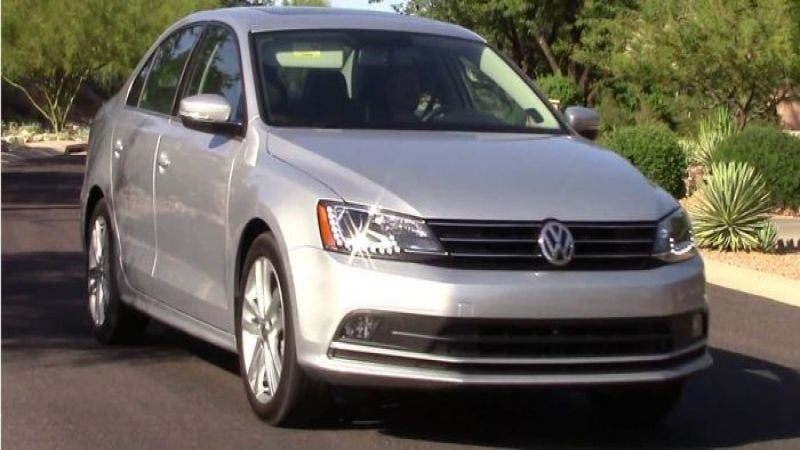




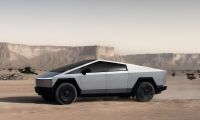
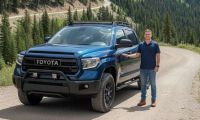
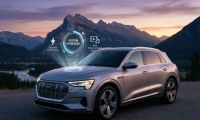
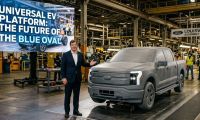
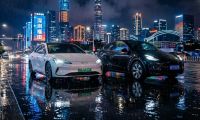
Comments
"Because it knew that its
Permalink
"Because it knew that its turbodiesels could not make U.S. standards for nitrous oxides"
Slightly misleading. The technology existed, even in 2009 to meet T2B5. VW chose not to employ the technology to save money. This means NOx traps too small for the task, or rated for shorter duty cycle. Contrast that the GM, Ford, MB, BMW, Chrysler, and more, were all selling compliant light duty and heavy duty diesels at the same time.